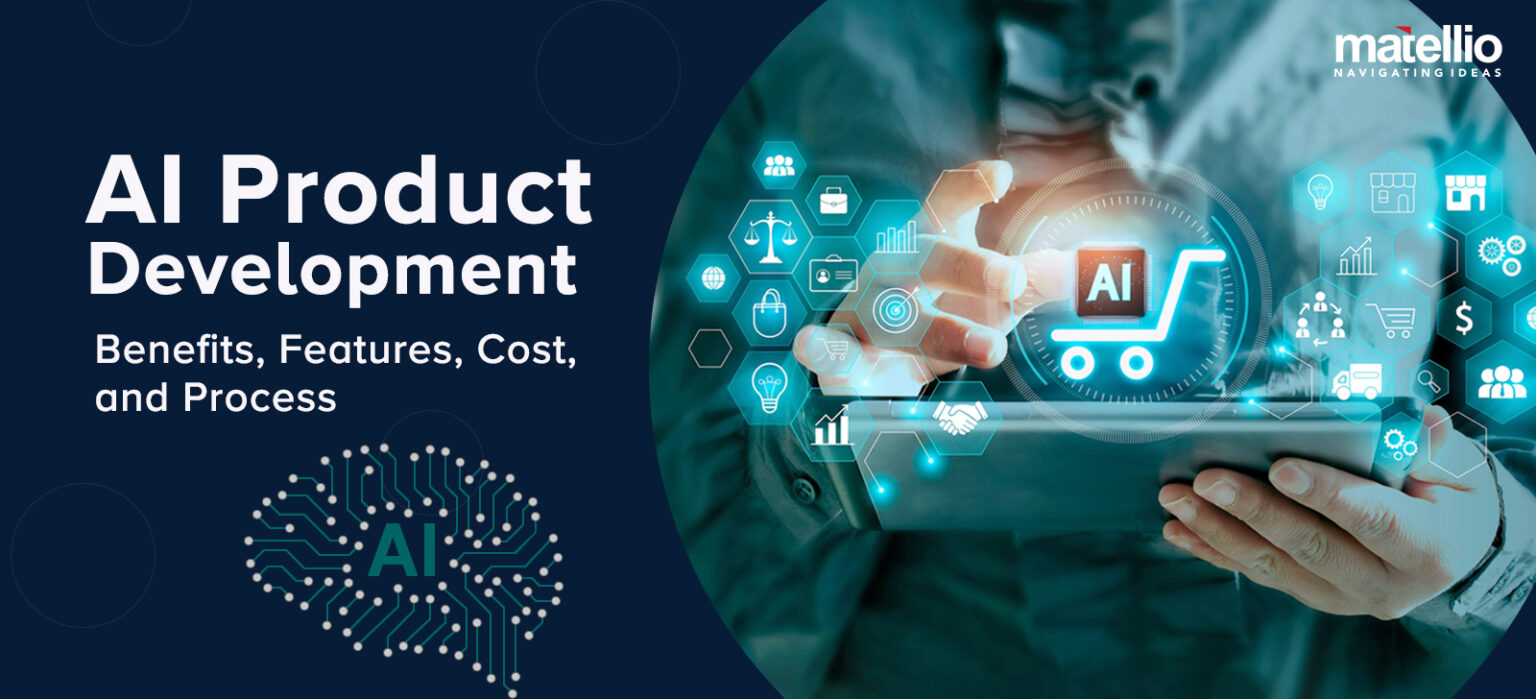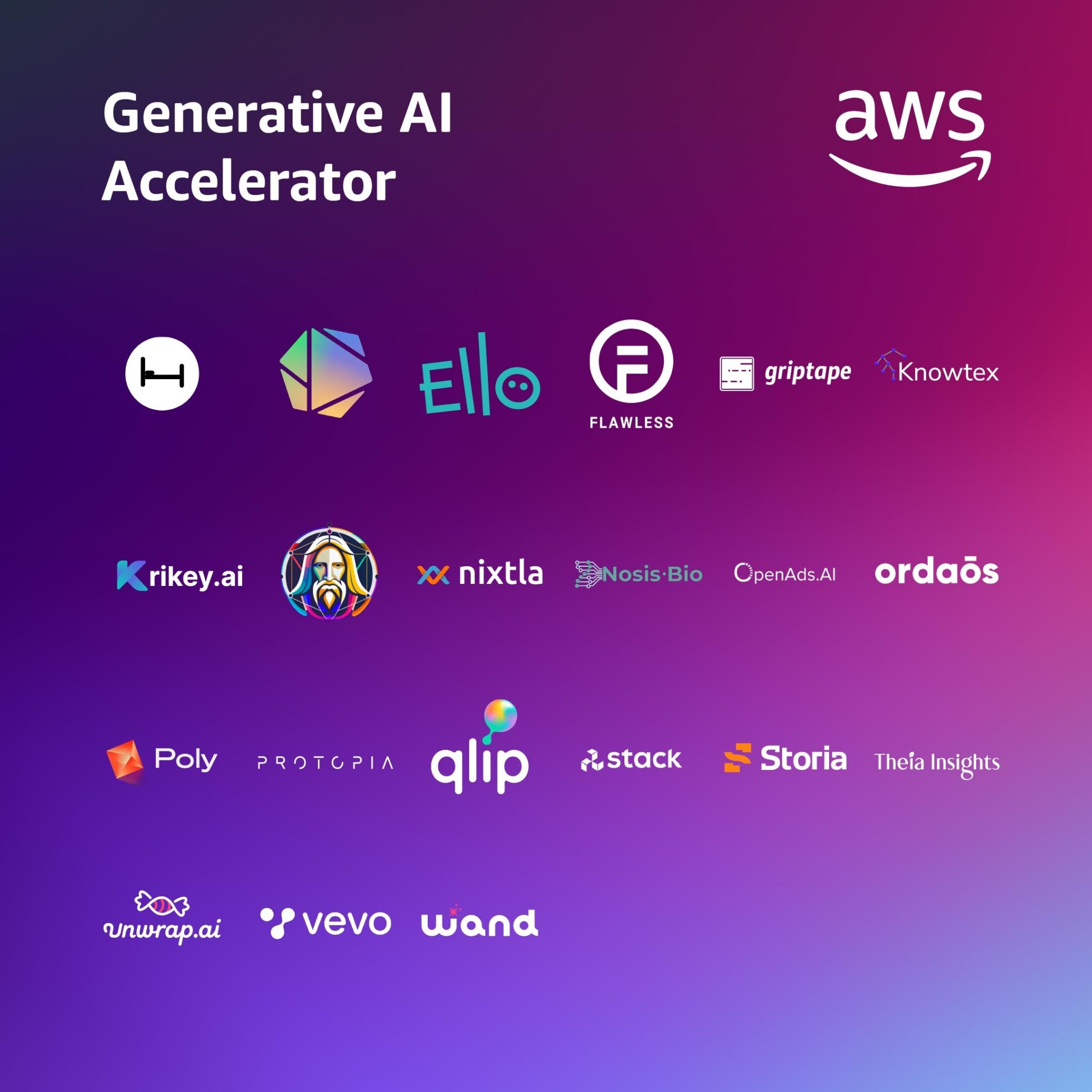
Top AI Skills You Need to Master in 2025 (and Beyond!)
The world of Artificial Intelligence is booming, and it’s not just for tech wizards in hidden labs anymore. AI is rapidly transforming industries, from healthcare and finance to entertainment and retail. In fact, a staggering 86% of employers anticipate AI will revolutionize their businesses by 2030. The global generative AI market alone is projected to skyrocket, with some estimates suggesting it could reach USD 890.59 billion by 2032. What does this mean for you? A massive opportunity, if you have the right skills.

The demand for AI-savvy professionals is exploding, but there’s a catch: a significant skills gap exists within many organizations. This means that individuals who cultivate in-demand AI skills are becoming highly sought-after. Whether you’re looking to pivot in your career, future-proof your job, or launch your own AI-powered venture, understanding these core competencies is crucial.
Ready to dive in? Here are the top AI skills you’ll need to thrive in 2025 and the exciting years to come:
1. Programming Languages: The Foundation of AI
While not always essential for every AI role (more on that later!), a solid understanding of programming is often the backbone of AI development.
Python: Reigns supreme in the AI world due to its simplicity, extensive libraries (like NumPy, Pandas), TensorFlow, and PyTorch), and versatility across machine learning, data science, and automation. It’s frequently cited as the most in-demand skill in AI job postings.
R: Still a strong contender, particularly for statistical analysis and data visualization in fields like bioinformatics.
Java & C++: Java is often used for integrating AI into large-scale enterprise applications, while C++ is favored for performance-critical systems like robotics.
However, it’s important to note that deep coding expertise isn’t the only path to AI success. As Dhaval Bhatt, founder of AI Product Accelerator, emphasizes, “Our community is built on the principle that everyone deserves access to cutting-edge AI knowledge and opportunities, regardless of their background or experience level.” Programs like the AI Product Accelerator focus on leveraging existing AI tools and platforms, enabling even non-technical individuals to build and launch AI products by focusing on strategic problem-solving.
2. Machine Learning (ML) and Deep Learning
Machine Learning is a cornerstone of AI, enabling systems to learn from data and make predictions or decisions without being explicitly programmed. Deep Learning, a subfield of ML, utilizes neural networks with multiple layers to tackle complex tasks like image recognition and natural language processing.
Understanding Algorithms: Familiarity with various ML algorithms (like decision trees, support vector machines, and neural networks) and learning types (supervised, unsupervised, and reinforcement learning) is key.
Framework Proficiency: Experience with popular ML frameworks such as TensorFlow, PyTorch, Scikit-learn, and Keras is highly valued for building, training, and deploying models. TensorFlow and PyTorch, in particular, are widely adopted in both research and production environments.
MLOps: As AI models move into production, skills in MLOps (Machine Learning Operations) are becoming crucial for managing the entire lifecycle of ML models, including deployment, monitoring, and retraining.
3. Generative AI Expertise
Generative AI, capable of creating new content like text, images, audio, and code, has taken the world by storm. The market for generative AI is experiencing explosive growth, and skills in this area are in high demand.
Large Language Models (LLMs): Understanding how to work with LLMs (like GPT models, Claude, and Gemini), including fine-tuning and building applications on top of them, is a game-changer.
Prompt Engineering: The ability to craft effective prompts to get the desired output from generative AI tools is a surprisingly nuanced and valuable skill.
Diffusion Models: These models are behind many state-of-the-art image generation tools and are a growing area of specialization.
Multimodal AI: Integrating different types of data (text, image, audio, video) is a rapidly advancing frontier in generative AI.
For those looking to build AI products without getting bogged down in the deep technicalities of training these massive models from scratch, programs like the AI Product Accelerator offer a structured curriculum from idea validation to market entry, focusing on the practical deployment of existing generative AI tools.
4. Data Analysis and Visualization
AI runs on data. The ability to collect, clean, process, analyze, and interpret large datasets is fundamental.
Data Literacy: Understanding data best practices, being able to spot biases, interpret visualizations, and question data sources are essential skills for anyone working with AI.
SQL: Remains a vital skill for querying and managing data in relational databases.
Data Visualization Tools: Proficiency in tools like Tableau, Power BI, and Python libraries (Matplotlib, Seaborn) helps in communicating insights effectively.
Big Data Technologies: Familiarity with technologies like Apache Spark can be important for handling massive datasets.
“I was more interested in the data and analytics part, and AI was one of the main ways to get into product development,” says Vijay Mettu, a Product Manager and AI Product Accelerator participant. This highlights how data skills are a gateway to AI product innovation.
5. Mathematics and Statistics
A solid grasp of mathematical and statistical concepts underpins many AI algorithms and models.
Linear Algebra: Essential for understanding how data is represented and manipulated in AI, particularly in neural networks.
Calculus: Crucial for understanding how AI models are optimized (e.g., gradient descent).
Probability and Statistics: Fundamental for understanding uncertainty, making predictions, and evaluating model performance.
While a PhD in mathematics isn’t a prerequisite for all AI roles, a foundational understanding helps in comprehending how AI systems work “under the hood.”
6. Critical Thinking and Problem-Solving
As AI automates more routine tasks, uniquely human skills like critical thinking and creative problem-solving become even more valuable.
Evaluating AI Outputs: AI is a powerful tool, but it’s not infallible. The ability to critically assess AI-generated recommendations, identify potential biases, and understand the limitations of AI systems is crucial.
Creative Solution Design: AI can assist in brainstorming, but humans are still needed to define problems, design innovative solutions, and think outside the box.
Asking the Right Questions: AI excels at answering questions, but humans excel at asking the right ones to guide AI effectively.
The AI Product Accelerator emphasizes critical thinking and problem-solving as core skills, offering weekly coaching to help founders navigate strategic decisions.
7. Domain Knowledge
Understanding the specific industry or field where AI is being applied is incredibly valuable.
Industry-Specific Applications: AI solutions are often tailored to particular sectors like healthcare, finance, retail, or manufacturing.
Contextual Understanding: Domain expertise allows professionals to identify relevant problems AI can solve, interpret results in a meaningful context, and ensure AI solutions align with industry-specific regulations and user needs.
Bridging the Gap: Professionals with deep industry knowledge can act as a bridge between technical AI teams and business stakeholders.
The AI Product Accelerator specifically targets mid-career professionals, helping them leverage their existing industry knowledge to build relevant AI solutions.
8. AI Ethics and Governance
As AI becomes more powerful and pervasive, ensuring it’s used responsibly, ethically, and fairly is paramount.
Bias Detection and Mitigation: Understanding how biases can creep into AI models and data, and knowing strategies to identify and mitigate them, is critical.
Transparency and Explainability: As AI systems make increasingly important decisions, the ability to understand and explain how they arrive at those decisions (XAI) is a growing need.
Regulatory Compliance: Familiarity with emerging AI regulations (like the EU AI Act) and data privacy laws is becoming essential, particularly in sensitive fields.
AI Safety: Ensuring AI systems operate safely and reliably is a key concern.
There’s a growing demand for AI ethics specialists who can guide the development and deployment of AI in a morally sound manner. Programs like the AI Product Accelerator embed regulatory compliance and ethical AI considerations throughout their curriculum.
9. Communication and Collaboration
AI development and implementation are rarely solo endeavors. The ability to communicate complex ideas clearly and collaborate effectively with diverse teams is vital.
Translating Technical Concepts: Explaining AI concepts and results to non-technical audiences (like executives or clients) is a key skill.
Cross-Functional Teamwork: AI projects often involve collaboration between data scientists, engineers, domain experts, product managers, and business leaders.
Human-AI Collaboration: Learning to work with AI tools as partners, rather than just as instruments, can lead to more innovative outcomes.
The AI Product Accelerator fosters collaboration through cohort-based learning and a large member community, enabling founders to learn from and support each other.
10. Adaptability and Lifelong Learning
The field of AI is evolving at an astonishing pace. New tools, techniques, and applications emerge constantly.
Continuous Upskilling: A commitment to lifelong learning is non-negotiable to stay relevant. This involves keeping up with research, exploring new tools, and taking courses or certifications.
Flexibility and Agility: Being able to adapt to new technologies and changing job roles is crucial as AI reshapes the world of work.
Many employers recognize the need for continuous learning and are investing in upskilling their workforce for an AI-driven future.
The AI-Powered Future is Now
The rise of AI isn’t just about new technology; it’s about new ways of working and solving problems. While technical skills are important, the most successful AI professionals in 2025 and beyond will possess a blend of technical prowess, critical thinking, ethical awareness, domain expertise, and strong communication skills. As generative AI automates more routine tasks, the uniquely human abilities to strategize, empathize, and innovate will become even more prized.
Whether you’re an aspiring AI developer, a product manager looking to leverage AI, or an entrepreneur with a vision for an AI-powered business, cultivating these skills will be key to unlocking your potential in this exciting and rapidly evolving field. And remember, you don’t necessarily need to become a hardcore coder to participate. Initiatives like the AI Product Accelerator are designed to empower individuals from diverse backgrounds to build and launch AI solutions, proving that the AI revolution truly is for everyone.
Feeling empowered to join the AI revolution but not sure how to start without deep coding skills? The AI Product Accelerator is built for professionals and entrepreneurs like you, offering a clear path to develop and launch your AI product idea in just 12 weeks. Learn more and see how you can begin your AI product journey at AI Product Accelerator.

/read more
Related Articles


Mastering the Best AI Product Development Techniques

